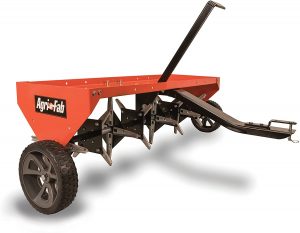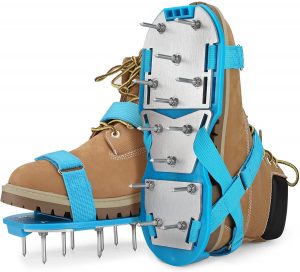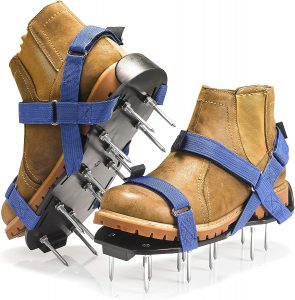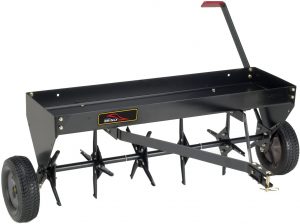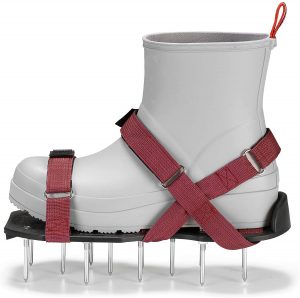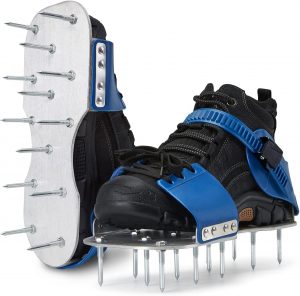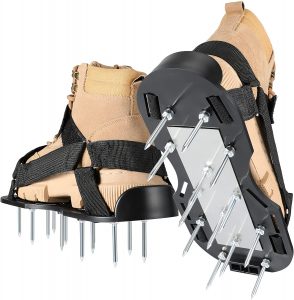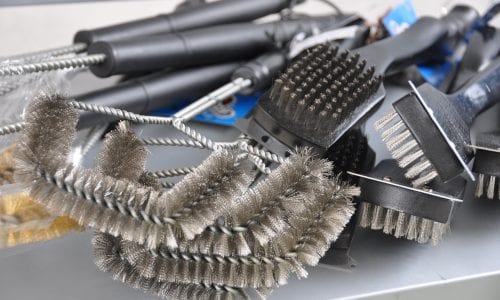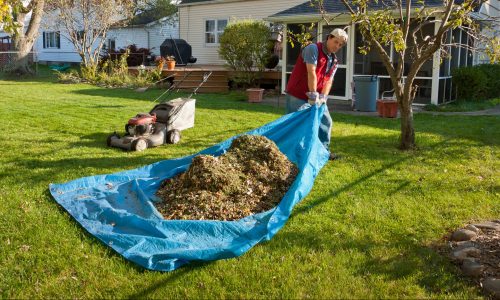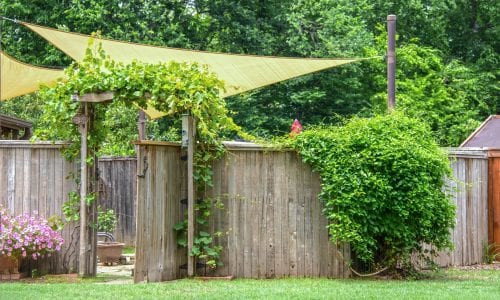The Best Lawn Aerator
We looked at the top 10 Lawn Aerators and dug through the reviews from 27 of the most popular review sites including and more. The result is a ranking of the best Lawn Aerators.
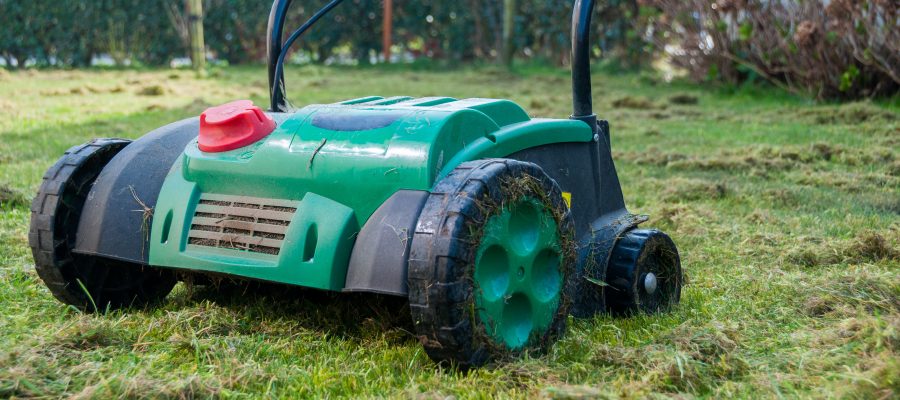
Our Review Process
Don't Waste Your Money is focused on helping you make the best purchasing decision. Our team of experts spends hundreds of hours analyzing, testing, and researching products so you don't have to. Learn more.
Our Picks For The Top Lawn Aerators
- 1. Agri-Fab 45-0299 Tow Behind Plug Lawn Aerator
- 2. Opmeiro Adjustable Size Spike Shoes Lawn Aerator
- 3. Envy Green Hook & Loop Fasteners Spike Shoes Lawn Aerator
- 4. Gardzen Ergonomic Handles Manual Plug Lawn Aerator
- 5. Brinly PA-403BH-A Universal Hitch Tow Behind Lawn Aerator
- 6. PLANTNOMICS Pre-Assembled Spike Shoes Lawn Aerator
- 7. Yard Butler ID-6C Cushioned Grips Manual Coring Lawn Aerator
- 8. Leweio Aluminum Alloy Soles Spike Shoes Lawn Aerator
- 9. Rosgel Anti-Slip Spike Shoes Lawn Aerator
- 10. Walensee Lightweight Steel Manual Spike Lawn Aerator
Dig deep into the soil with this lawn aerator, which features 32 galvanized knives that can reach as far as 3 inches deep. The tires are designed to resist going flat to keep you moving. The cantilever transport handle makes it easy to both raise and lower this lawn aerator.
Extra UsefulWith 32 galvanized knives, you’ll get efficient results with this lawn aerator.
Get a workout while you aerate your lawn with these aerator shoes. The Velcro straps are adjustable to fit women's shoe sizes 6 to 10, and men's shoe sizes 6 to 9. The base is made from aluminum alloy with plastic soles to ensure they'll hold up while you're using them.
Versatile OptionWith an adjustable fit that can accommodate a wide range of shoe sizes, these aerator shoes can work for you or other household members.
With 2.1-inch spikes, this pair of lawn aerator shoes will slice through soil efficiently, reaching deep into the ground. The X-straps are designed to hold firmly to your gardening boots, with a capacity of up to 220 pounds. The base arrives preassembled so you can start aerating immediately.
Lightweight and ComfortableThe lightweight build combines with 2.1-inch spikes for a lightweight but effective aerating solution.
Hollow tines help remove plugs of soil to help air and essential nutrients get to your lawn. The aerator features a high-quality steel frame, coated in black powder to help protect it from the elements. Padded handle grips help keep your hands comfortable while you work.
Simple DesignKeep things simple with this aerator, which you push into the ground wherever you want to aerate.
Buying Guide
Watering and seeding a lawn can do wonders. With the right approach and a little time, you’ll find you have a lush, green lawn.
But sometimes, no amount of seeding and watering can bring results. There can be several reasons for that, but one of the top issues is soil compaction. When vehicles and foot traffic travel over a piece of land, the top few inches of soil can start to compress. Heavy precipitation can also cause soil to compact. Over time, this creates an area where water and essential nutrients don’t sink below the surface but instead pool and run off.
MORE: The Best Lawn Mowers
Compacted soil also restricts airflow, keeping oxygen from getting to the area beneath. In areas where soil has grass, it can tend to gather as something known as “thatch.” Thatch is a mix of living and dead plant material that can thicken over time. Although thatch less than ½-inch thick can help your lawn, once it expands beyond an inch, it can begin to cause problems. Thicker thatch keeps water and nutrients from getting in, and it can also promote pest activity and cause lawn disease.
If compacted soil causes thatching, you’ll have two issues to remedy. You’ll need to open up the compacted area to get air, nutrients and water in, but you’ll also need to break up some of that thatch. A process called aeration can help with both. However, you may also need to de-thatch to get the areas that your aeration didn’t resolve.
What is aeration? Aeration removes small chunks of soil throughout the compacted area. This removed soil boosts oxygen, stimulating root growth as well as helping decompose the organisms that cause thatch. As root growth increases, the area starts to become more tolerant to drought while also improving the overall health of the grass and soil. For that reason, many people choose to occasionally aerate their entire property, especially if they’re experiencing overall issues with lawn health.
Why we recommend these lawn aerators?
Products Considered
Products Analyzed
Expert Reviews Included
User Opinions Analyzed
Our experts reviewed the top 10 Lawn Aerators and also dug through the reviews from 27 of the most popular review sites including and more. The result is a ranking of the best of the best Lawn Aerators.
DWYM is your trusted roduct review source. Our team reviews thousands of product reviews from the trusted top experts and combines them into one easy-to-understand score. Learn more.
The Best Bang For Your Buck
Gardzen Ergonomic Handles Manual Plug Lawn Aerator
Key Takeawy
Hollow tines help remove plugs of soil to help air and essential nutrients get to your lawn. The aerator features a high-quality steel frame, coated in black powder to help protect it from the elements. Padded handle grips help keep your hands comfortable while you work.
What other experts liked
What other experts didn't like
What to Look For
- There’s a right and wrong time of year to aerate. If you live in a hotter area of the U.S., such as the South, you likely have a warm-season lawn. Warm-season lawns should be aerated in the hottest summer months: June and July. If you’re in a cooler area, experts recommend aerating in the fall months. You should never aerate your lawn when the grass is dormant.
- Always aerate when the soil is moist. If you haven’t had rain in a while, irrigate an area before you aerate.
- There are various tools that you can use to aerate your lawn. You can find aerators that you operate manually, as well as those you attach to a tractor, mower or ATV. There are aerators you attach to your gardening boots. You then simply walk around the area to aerate. This could be a great solution if you have a smaller yard or just need to aerate a small area.
- Once you’ve aerated, you’ll notice plugs all over your yard. The first rainfall should break them up, but you can also water the area to kickstart the process. Another option is to mow your lawn and break up the soil.
- Experts recommend aerating your lawn every two to three years, as long as it’s not heavily trafficked. If you notice soil is becoming compact, though, you can aerate as often as once per year.
- Not all aerators are alike. Pay close attention to the tines of any aerator you’re buying. The tines should be designed to dig deep and pull out cylindrical plugs of soil.
- The quantity of tines is important, too. The more tines, the more surface area you’ll be able to cover. However, if you have a small lawn, you may find that a narrower aerator is easier to use.
- Large yards may also not be good candidates for manual aerators. The process of running the aerator will become exhausting if you’re trying to cover such a big surface area. This may be an instance where one that hooks up to your mower or tractor is well worth it.
More to Explore
Grass can be tough to maintain, but it serves an important purpose. The grass from lawns across the globe provides food for living creatures while also removing carbon dioxide from the atmosphere. Grass also helps contain dirt, which prevents dust from blowing around in the atmosphere, polluting your lungs and discoloring buildings and other surfaces.
Still, some consumers choose to eliminate lawn care completely by getting rid of grass. There are plants you can add to your yard that will creep over the surface, taking over where grass once grew. Each type of plant has its negatives, though, so you’ll want to make sure you look into those before you make that commitment. In many cases, even though you can put away the lawnmower, you’ll still need to water and fertilize your yard to keep things going.

